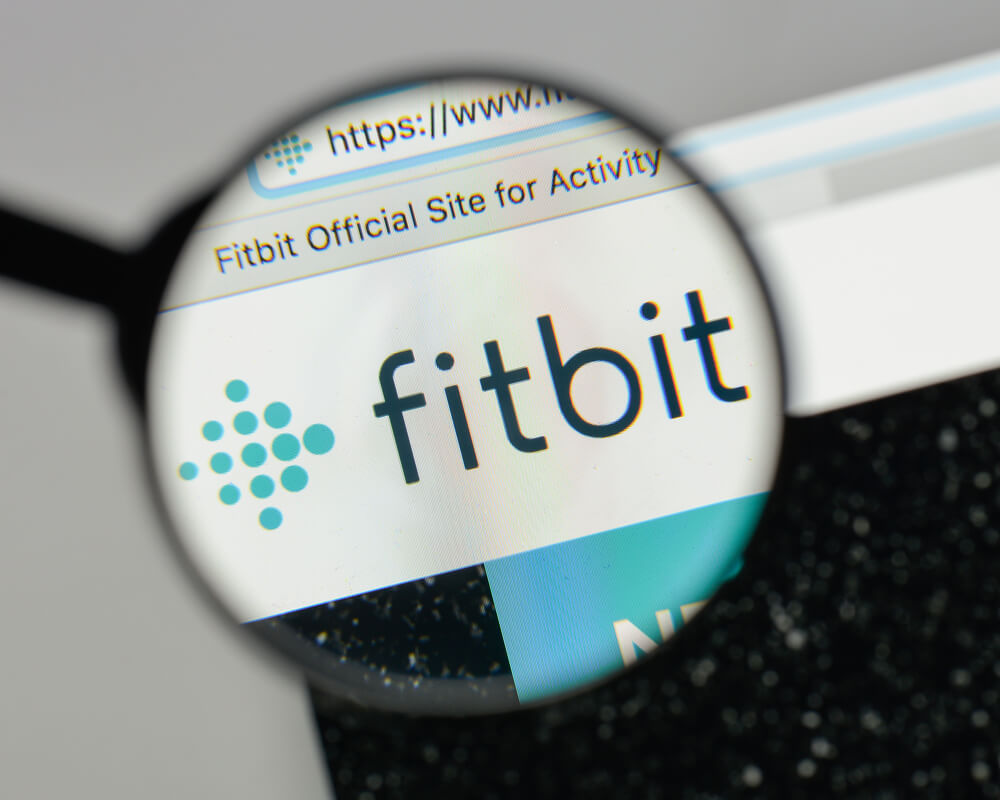



Get new exclusive access to healthcare business reports & breaking news




While waiting for regulators’ approval of its acquisition by Google, Fitbit is registering lower margins compared to last year, after putting some lower-priced devices on the market to attract new users.
The company is on the verge of being acquired by Google for $2.1 billion, pending approval. Fitbit and Google have partnered on healthcare applications for more than a year. After acquiring Twine Health and its consumer health platform which complied with federal regulations in February 2018, Fitbit announced last April it would work with Google’s application programming interface to connect data with electronic medical records via Google’s Cloud Healthcare API. Google has a long history of being involved in healthcare projects since Google researchers from various medical centers, including Northwestern University in Illinois have built an AI-powered system that can detect tiny lung tumors with a high level of accuracy, a new study has confirmed.
Awaiting approval for its $2.1 billion mergers with Google’s parent company, Fitbit profits dropped in 2019 because its customers chose to buy cheaper devices. The wearables maker reported a net loss of $320.7 million in 2019, a more than 70% drop from its net loss of $185.8 million in 2018, according to earnings released on February 20th. Fitbit also saw declining revenues, bringing in $1.43 billion, down 5% from the prior year.
The company’s strategy to introduce lower-cost smartwatches seems to have lifted its overall sales, however. The number of active Fitbit users increased by 7% to 29.6 million, with its smartwatch sales outpacing its fitness trackers.
Fitbit made inroads in its new health segment, having formed partnerships with large federal health programs last year. Blue Cross Blue Shield (BCBS) announced a partnership with Fitbit to get its 60 million members a special deal on the fitness tracking devices.
“Our community of active users increased to nearly 30 million, and Fitbit Health Solutions grew 17 percent, underscoring the strength of the Fitbit brand. We also launched our new Premium membership, Fitbit’s most personalized experience yet and are seeing improving retention and engagement due to its actionable guidance and coaching. Looking ahead, we expect to grow our higher-margin revenue streams in 2020.”,” Fitbit CEO James Park said.
European regulators raised privacy concerns with the deal. Following the announcement of Google LLC’s intention to acquire Fitbit, the European Data Protection Board (EDPB) adopted a statement highlighting that the possible further combination and accumulation of sensitive personal data of people in Europe by a major tech company could entail a high-level risk to privacy and data protection. The EDPB reminds the parties to the proposed merger of their obligations under the General Data Protection Regulation and to conduct a full assessment of the data protection requirements and privacy implications of the merger in a transparent way. The Board urges the parties to mitigate possible risks to rights to privacy and data protection before sending notice of the merger to the European Commission. The EDPB will consider any implications for the protection of personal data in the European Economic Area and stands ready to contribute its advice to the European Commission if so requested.
Fitbit has stated that Google won’t use data collected from wearable devices to sell ads.
Fitbit has sold more than 100 million devices and supports an engaged global community of millions of active users, utilizing data to deliver unique personalized guidance and coaching to its users. Fitbit will continue to remain platform-agnostic across both Android and iOS.
Consumer trust is paramount to Fitbit. Strong privacy and security guidelines have been part of Fitbit’s policy since day one, and this will not change. Fitbit will continue to put users in control of their data and will remain transparent about the data it collects and why. The company never sells personal information, and Fitbit health and wellness data will not be used for Google ads.
The transaction is expected to close in 2020, subject to customary closing conditions, including approval by Fitbit’s stockholders and regulatory approvals.
Fitbit helps people lead healthier, more active lives by empowering them with data, inspiration, and guidance to reach their goals. Fitbit designs products and experiences that track and provide motivation for everyday health and fitness. Fitbit’s diverse line of innovative and popular products include Fitbit Charge 3™, Fitbit Inspire HR™, Fitbit Inspire™, and Fitbit Ace 2™ activity trackers, as well as the Fitbit Ionic™ and Fitbit Versa™ family of smartwatches, Fitbit Flyer™ wireless headphones, and Fitbit Aria family of smart scales. Fitbit products are carried in approximately 39,000 retail stores and in 100+ countries around the globe. Powered by one of the world’s largest databases of activity, exercise and sleep data and Fitbit’s leading health and fitness social network, the Fitbit platform delivers personalized experiences, insights, and guidance through leading software and interactive tools, including the Fitbit and Fitbit Coach apps, and Fitbit OS for smartwatches. Fitbit’s paid subscription service, Fitbit Premium, uses your unique data to deliver actionable guidance and coaching in the Fitbit app to help you reach your health and fitness goals. Fitbit Health Solutions develops health and wellness solutions designed to help increase engagement, improve health outcomes, and drive a positive return for employers, health plans and health systems.